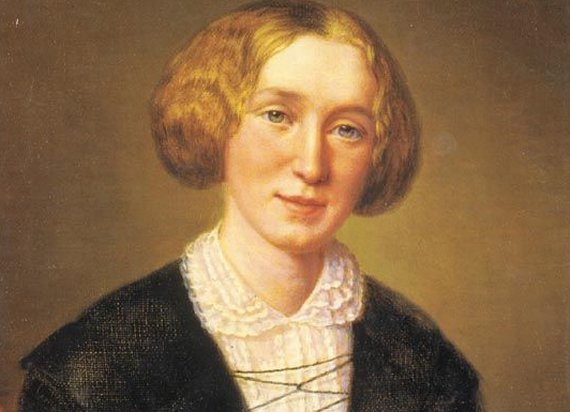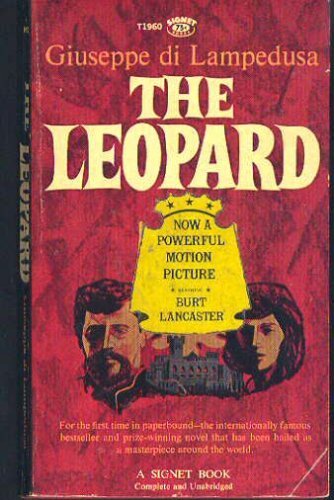
Here at The Millions we’re pleased to launch a new monthly feature, “Post-40 Bloomers,” which will highlight authors – living and deceased, new-on-the-scene and now long-established – whose first books debuted when they were 40 or older. In this column we will review recent debuts, look broadly at the legacy of later-blooming authors, present author interviews, ruminate essayistically on an author’s life and work, and/or all of the above at once. In the spirit of Martha Southgate’s recent post here, “Older and Wiser,” we offer not so much an answer as a small contribution, a counterbalance, to Southgate’s question: “Why do the kids get so much of the good stuff?” Herewith (I personally hope) is a bit o’ good stuff for 40 and over writers.
Fortunately, I don’t feel I have to make a detailed or impassioned argument here for the value of this column. Others have done so recently, and eloquently, in response to the New Yorker’s publication last summer of the “20 Under 40” list – young writers whom the editors believe “are, or will be, key to their generation” and whose writing exhibited “a palpable sense of ambition” – and the correlating anthology of stories. I refer you in particular to Matthew Hunte’s review of the anthology in The Observer, and to Joe Schuster’s post at Work-in-Progress. Both Hunte and Schuster (along with Southgate) provide terrific counterexamples to the prodigy/precocity paradigm and remind us that slow, later, and older produces as great if not greater literary work than fast, early, and young. In other words, by focusing too much on youth when bestowing awards and recognition, we miss out – we readers and we writers and we critics, that is. We generate cultural blind spots, and we even have the power to thwart possibilities for alternative creative paths by influencing market and career viability in favor of the young.
In his essay “Late Bloomers,” published (ironically) in the New Yorker in 2008, Malcolm Gladwell makes the useful distinction between late bloomers, late starters, and late-discovereds. You’ll likely see a mix of these appearing in this column, but my personal curatorial bias is toward the late starters. Gladwell writes mostly about artists who require a long, reiterative, “experimental” approach to their work – artists (Cezanne is his primary example) who might begin work on a novel or a painting at a relatively young age but need 10, 15, 20 years to fully develop and execute their vision, to attain a level of noteworthy excellence. My bias toward late starters – people who have lived a whole life, or two, or three before seriously devoting themselves to write a book – relates to the collision of life and art; I’m interested in writers who perhaps had the inkling, or the deep desire, to write, to pursue a creative life, for a long time, but for myriad reasons were impeded – internally, externally, a combination of the two. I am excited and inspired by individuals from whom a determined self-reinvention – a digging in, a deep breath, an about face or leap off a cliff – has been required at some point in order to pursue the vocation that has called from within but for which there has been little native tailwind.
Perhaps it is clear by now that this was very much my own experience.
But then again, the distinction is ultimately artificial: is the individual who, say, has a full-time job as a bookkeeper and who scribbles at a novel, or at notes for he-knows-not-what, sporadically, for 20 years, before something resembling an “a-ha” moment strikes him and suddenly the notes come pouring out in waves and consistently and then he finds he’s really writing it – the background of his life has transitioned to the foreground – is this individual a late bloomer or a late starter? Perhaps it’s the timing of that transition moment that I’m interested in, the point at which someone not only puts both feet into the writer’s boots but in fact begins to walk – shakily, but unmistakably – on a literary path. It’s the point where “may” morphs into “must,” where the obstacles begin to fade in power and importance.
I myself am hesitant to use the word “late” (or “older,” for that matter) in reference to writers over 40, which is why the column is not called “Late Bloomers.” Late relative to what and according to whose definition of early or on-time?
 Writers we plan to feature include, tentatively, Penelope Fitzgerald, Daniel Orozco, Isak Dinesen, George Eliot, William Gay, Walker Percy, Helen DeWitt, Giuseppe di Lampedusa, and Harriet Doerr. And we’ll kick off later this month with Yvvette Edwards, whose debut novel A Cupboard Full of Coats was longlisted for the 2011 Booker Prize. There are more in the works, so worry not if your favorite late-bloomer/late-starter is not mentioned above.
Writers we plan to feature include, tentatively, Penelope Fitzgerald, Daniel Orozco, Isak Dinesen, George Eliot, William Gay, Walker Percy, Helen DeWitt, Giuseppe di Lampedusa, and Harriet Doerr. And we’ll kick off later this month with Yvvette Edwards, whose debut novel A Cupboard Full of Coats was longlisted for the 2011 Booker Prize. There are more in the works, so worry not if your favorite late-bloomer/late-starter is not mentioned above.
Thanks in advance for reading. May we all bloom in good time.
Image credit: George Eliot via Wikipedia







